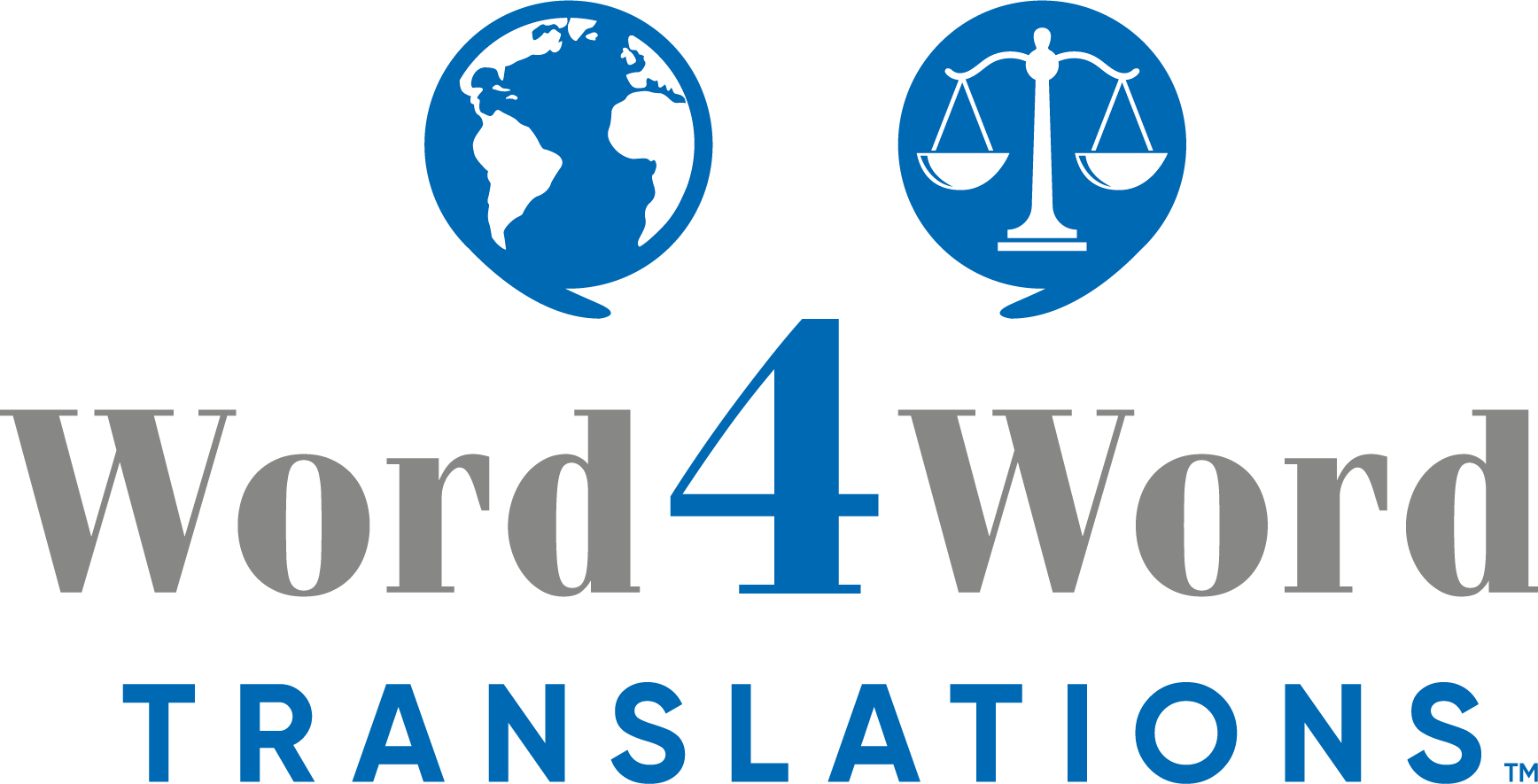The Intersection of Sociopsychology and Legal Translation

In today's globalised world, legal translation services play a crucial role in bridging communication gaps across cultures and languages. Yet, this task goes beyond mere linguistic conversion. The study of sociopsychology, particularly the negotiation of identities in multilingual contexts, offers profound insights that can elevate the quality and effectiveness of legal translations. But how exactly does this interdisciplinary approach apply to legal translation services? Let’s delve into this fascinating intersection.
Cultural Sensitivity and Awareness
Legal translators must be aware of the cultural backgrounds and nuances of the parties involved. This involves grasping cultural attitudes towards authority, law, and communication styles. For instance, the way legal terms are perceived can vary dramatically between cultures that emphasise hierarchy versus those that value egalitarianism.
Identity and Power Dynamics
Recognising the identity and power dynamics in multilingual settings is crucial. Legal documents often involve parties from different cultures with distinct social structures. A translator’s awareness of these dynamics can help in accurately reflecting the intended meaning and maintaining respect for all parties involved.
Communication Styles and Strategies
Different cultures have varying communication styles. In some cultures, direct communication is valued, while in others, indirect methods are preferred. Legal translators must be adept at identifying and appropriately translating these styles to ensure clarity and respect.
Translators often need to negotiate the meaning of terms that do not have direct equivalents in other languages. Understanding the sociopsychological aspects of how individuals construct meaning can aid in finding the most appropriate translations.
Identity and Representation
Translators must ensure that legal entities are accurately represented in translations. This includes not just literal translations but also conveying the legal standing, roles, and identities of the parties involved.
In contexts where the identity of individuals needs to be protected (such as in asylum cases), translators must be skilled in maintaining confidentiality while accurately conveying the necessary information.
Ethical Considerations and Bias
Translators should be aware of their own potential biases and how these can affect their translations. Sociopsychological insights into identity can help translators remain neutral and objective.
Translators must navigate ethical dilemmas, such as how to handle culturally sensitive information or translating terms that might not have a direct cultural equivalent without causing misunderstanding or offense.
Multilingual Legal Frameworks
Understanding the legal systems and terminologies in different languages and contexts is crucial. Sociopsychological perspectives can help translators grasp how legal concepts are perceived and applied in different cultural contexts.
Legal documents often have specific intents that must be preserved in translation. Sociopsychological insights can help translators understand and convey the intended meaning and implications behind legal texts.
By integrating sociopsychological understanding of identity negotiation in multilingual contexts, legal translation services can enhance the accuracy, effectiveness, and cultural appropriateness of their translations, thereby better serving their clients and upholding the integrity of the legal process.
Explore our interdisciplinary approach and discover how it transforms the world of legal translation. Trust us to deliver the highest quality translations, where your clients—and the justice they seek—are our top priority.
Your clients deserve nothing less. Contact us today to experience the difference.
